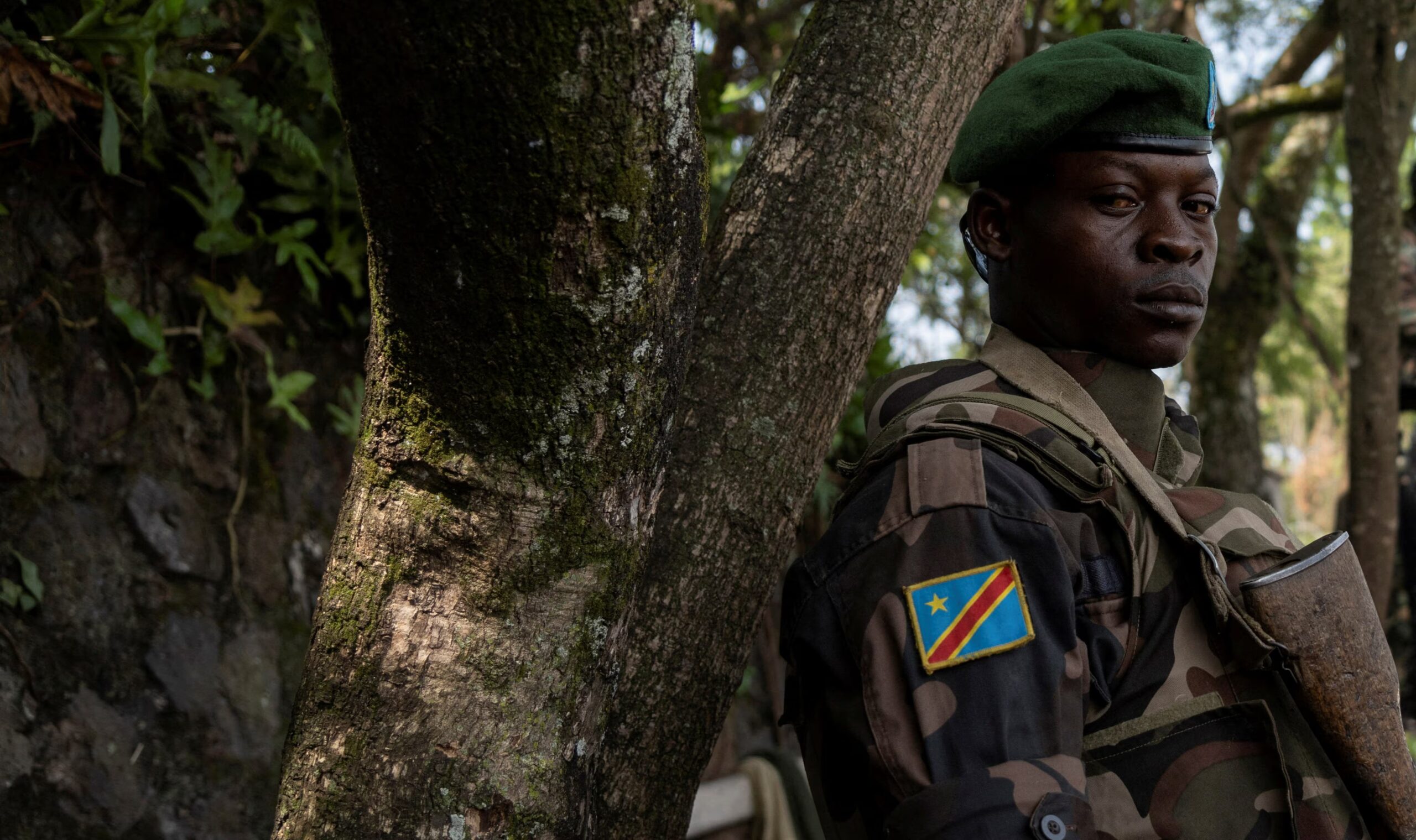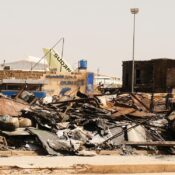
Congo’s updated “combat budget” includes a tax gap and increased military spending
A revised wartime budget that MPs are considering revealed that Congo is struggling with rising military expenses and diminishing tax revenues as a result of an attack by rebels backed by Rwanda that now control a large portion of the country’s eastern borderlands.
Citing increased security expenditures associated with the violence and the shutdown of income collection offices in M23 rebel-controlled areas, the IMF stated this month that the fighting was placing a burden on public finances.
On Friday, President Felix Tshisekedi’s cabinet adopted the budget bill, which was first anticipated in mid-March. Parliament now has a chance to discuss and vote on it.
It reflects a decline in tax collection to 12.5% of GDP from 15.1% anticipated under the previous budget passed in December, and it includes a minor reduction in spending of $17.2 billion, as stated in the cabinet meeting minutes.
In March, the finance ministry declared that it was raising police and soldier salaries in an apparent effort to raise morale. Reuters was informed by a government source and a military official that the relocation is anticipated to cost $500 million this year.
In the first four months of 2025, the government spent an estimated $1 billion on exceptional security-related expenses, according to two official sources.
Since they were not authorized to reveal the numbers, all of the sources spoke on the condition of anonymity.
On Tuesday, inquiries concerning the budget and military spending were not immediately answered by a government official.
In 2024, the internal budget deficit increased to 0.8% of GDP, and this year, it is expected to reach 1.2%, the IMF’s resident representative for Congo, Rene Tapsoba, told Reuters.
He warned that a 4% deficit in anticipated tax revenue could be caused by the battle and the loss of authority over land in the east, which contains rich amounts of gold, tin, and coltan.
Although Tapsoba acknowledged that the extraordinary security expenditure was “very high,” he said the government had attempted to lower its operating costs by reducing the salaries of institution heads and the budgets of ministries.
Army authorities continue to report ongoing shortages of basic equipment, food, and ammunition despite increased security spending.
One Congolese commander told Reuters that it seemed like a large portion of the funds were used for the purchase of weapons.
“The majority of these funds are managed outside the official budget framework,” a senior finance ministry official stated, requesting anonymity because he lacked the authority to address the media. “We don’t have full visibility either.”
The eastern conflict has brought long-standing issues in the military to light.
This month, a Senate report stated that the army has 268,602 members, 74,000 of whom are in combat areas. Over 36,000, however, are categorized as inactive, including 3,618 retired troops who are still seeking $145 million in outstanding compensation.
Western governments and the UN claim that Rwanda has given M23 troops and weapons. The Rwandan military has defended itself against Congo’s army and a militia established by those responsible for the 1994 Rwandan genocide, according to Rwanda, which denies supporting the rebels.
All Categories
Recent Posts
Tags
+13162306000
zoneyetu@yahoo.com



